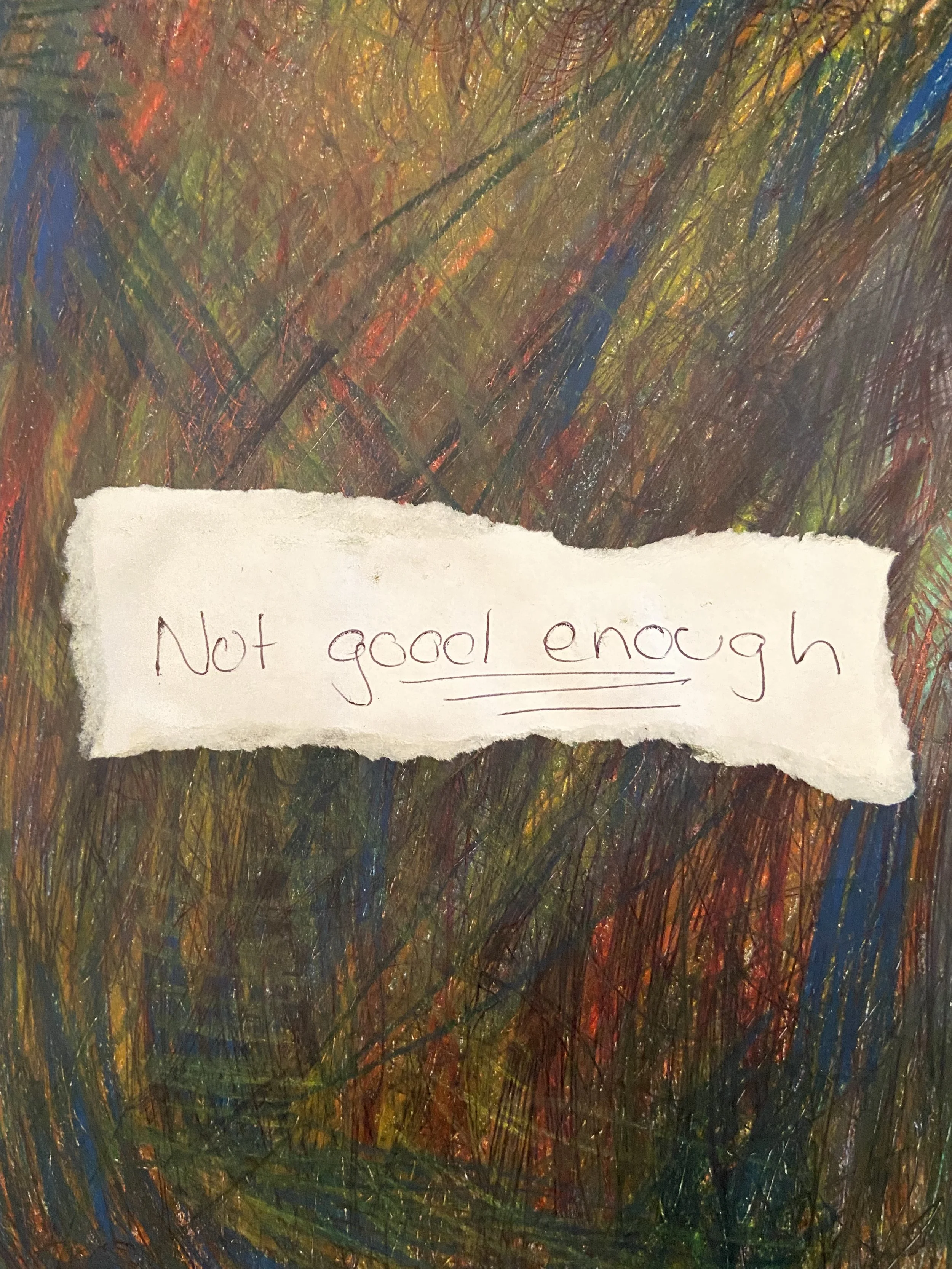Do you like yourself?
What would you say if someone asked whether you like yourself or not? For a long time, my response would’ve consisted of an awkward pause. Because truth be told, I didn’t really like myself. I was an expert at diagnosing my faults, a skill which alienated myself from my own body.
I hope this blog post can be a source of comfort for everyone who has ever struggled with not feeling good enough. You’re definitely not alone in the feeling.
Skinny love
In my final semester of university, I did a sexual politics elective subject. One lesson, we were split up into ZOOM breakout groups to discuss if we had ever done something to change ourselves by way of appearing more culturally attractive. I was incredibly grateful we weren’t in-person for this discussion.
The discussion didn’t make me uncomfortable because I’m reluctant discuss the changes I’ve undergone. I’ve never done a whole lot to alter my appearance. I’ve never gone under the knife, had Botox or fillers of any kind. I was relieved we weren’t in-person because I didn’t want to be confronted by my age-old insecurities in front of other people. Whether it’s feeling like I’m too fat, not achieving good enough grades or that I’m not a kind enough person, feeling inadequate has been a constant burden in my life.
Throughout my teen years, my lack of self-love manifested in the way I treated my body. I was always worried about gaining weight and feared appearing “too heavy”. There have been many times when I’ve tried to control my body through diet and exercise, resulting in many sleepless nights from hunger and fatigue. When I lapse into these peak stages of trying to change my body, I’m plagued with brain-fog, dizziness and the feeling of being physically weak - I’ve had days where I’ve been in bed for half the day, unable to concentrate. As someone who loves being industrious with their time, these states have been a source of great anxiety. One afternoon when I was in such a state, I cried on the phone to my mum. I said, ‘I feel like a prisoner’.
The way we treat our body is inherently intertwined with our mental state. Hurting ourselves to fulfill an illusion of perfection will never bring us joy. Such a pursuit weakens our vitality, preventing us from gifting the world with our unique gifts.
Am I a good enough person?
Since age 14, I’ve experienced panic attacks for feeling like I’m not a good enough person. There are times when I’m so consumed by my mistakes that I can’t comprehend the book, assignment or job task in front of me. I feel eerie and out-of-body. Snarling voices slice me with their criticisms. Their messages are to the effect of, ‘Remember when you did that? How could you? Anyone else would’ve responded differently. Why can’t you be better?’
Berating oneself for past errors is not the road to birthing love and light. Yes, it’s important to recognise when we’ve made a mistake or been hurtful to someone. But grating ourselves with the sword of moral judgement traps us in a destructive cycle, stilting our heart coherence. Being kind to ourselves equips us with the tools we need to be loving to others.
Never-ending goals
I’ve always been a goal-oriented person. Writing down what I want to achieve, and then making it happen is a great feeling. But sometimes, I fall into a trap. I get impatient when things don’t happen as quickly as I feel they should. I also find that I’m restless. I’m always itching to go out and achieve something. I’ve often said to myself that I can relax once I achieve this or that. But when I do achieve it, I’m still not happy with myself. There’s always something more I could have done or should be doing. Being on a treadmill of always striving to reach goals is no recipe for a fulfilling present.
Is an epidemic of self-hatred a design?
If everyone woke up loving themselves, a lot of products and industries would go out of business. We wouldn’t buy diet pills, make-up, pseudo gym-equipment or go under the knife. Our society depends on us not liking ourselves. When we don’t like ourselves, we look outside of ourselves. We desperately search for something we hope will make us feel better. Those who love themselves know that true happiness comes from within. No person, circumstance or product enacts a magic wand for our inner peace. We’re the only ones who can unlock that key.
Being our own best friend
If your best friend told you that they hate themselves, what would you say? What advice would you give to help them heal their relationship to themselves? We must never forget that we’re an integral part of our friendship circle.
Here are some behaviours that have helped me heal my relationship to myself:
• deepening my connection to myself and the world around me through remembering my dreams
• exercising to feel good, not punish
• giving myself permission to release through art therapy
• limiting association with anyone who reinforces negative self-beliefs
• not skipping meals or restricting macronutrients
• thanking myself for at least one thing each day
• writing my unfiltered thoughts in my journal.
Friends and romantic partners weave in and out. But our relationship with ourselves is for life. Cherishing ourselves puts us in the best standing to enjoy the time we have on earth.
How do you show love to yourself?


